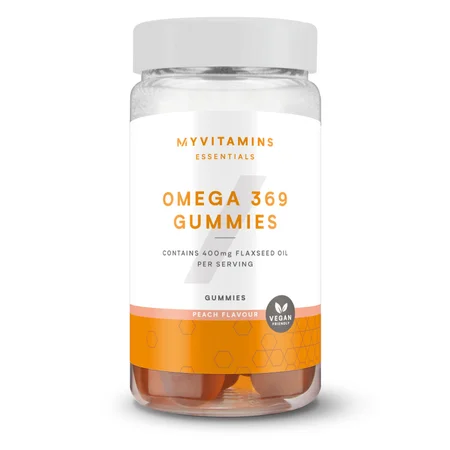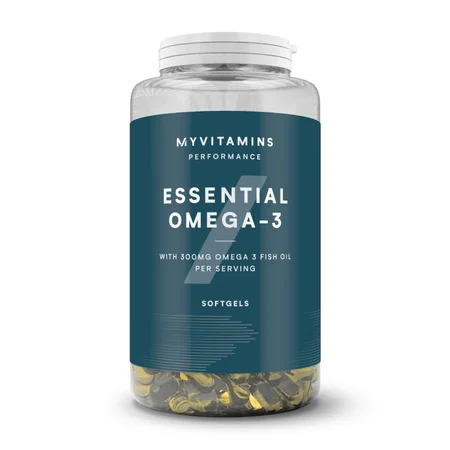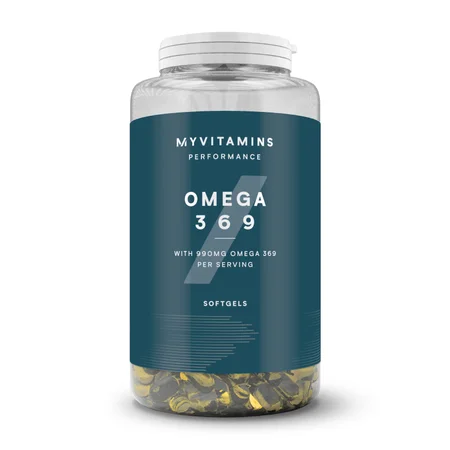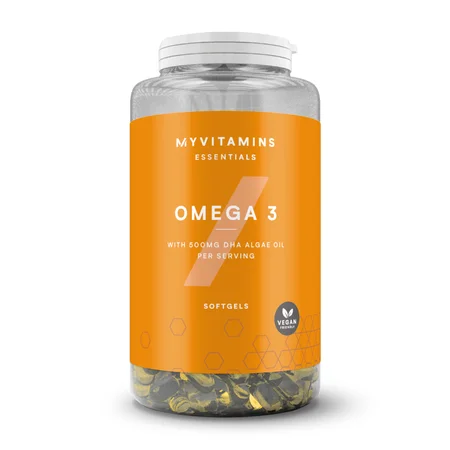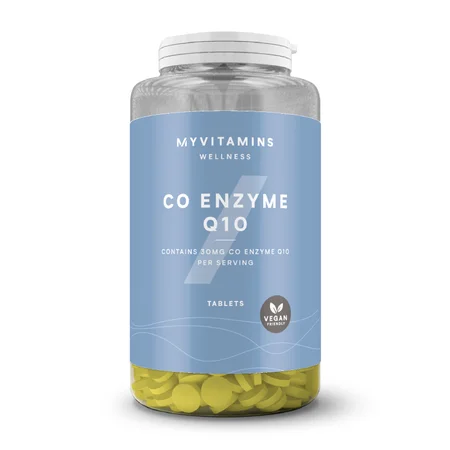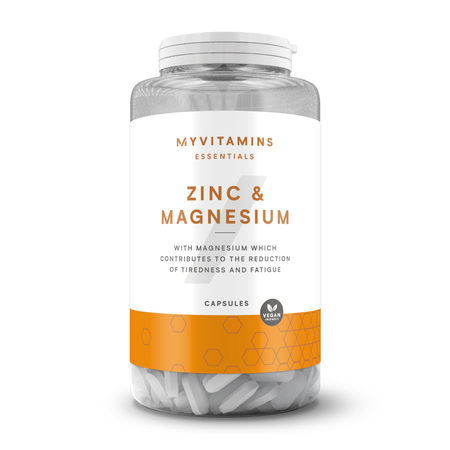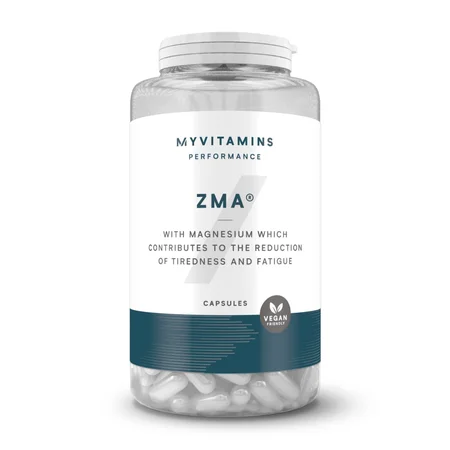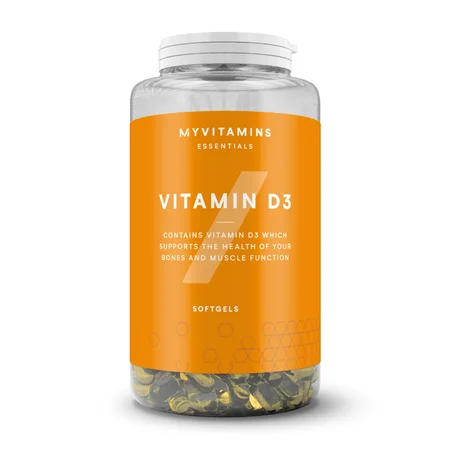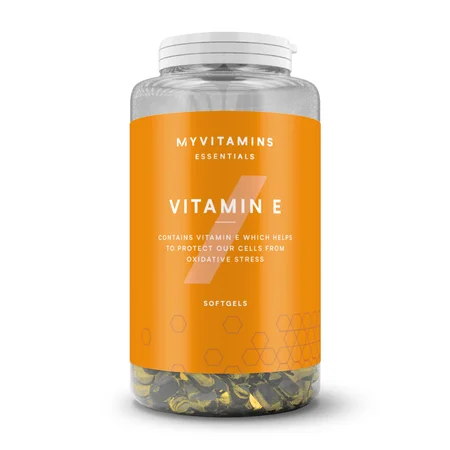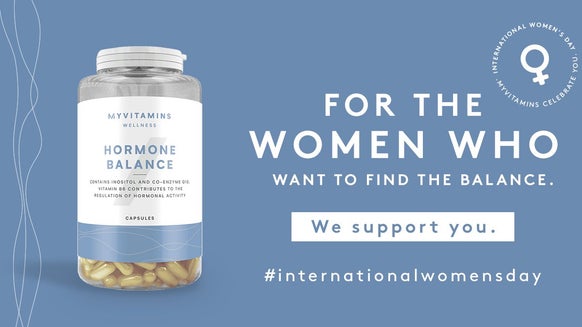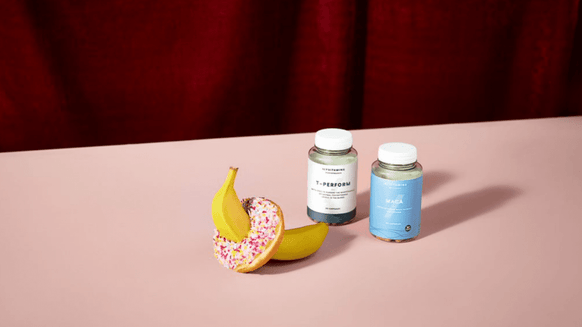Your Guide To Foods & Supplements For Heart Health

Maintaining good heart health is essential for leading a long and healthy life. The heart is one of the most critical organs in the body, and any problem in its functioning can lead to various health issues.
With the right lifestyle choices, you can promote optimal heart health, and maintain healthy cholesterol and blood pressure levels.
In this blog post, we will discuss some of the best foods and supplements for heart health. We will also provide tips on how to incorporate these foods and supplements into your routine safely.
- Why Is Heart Health Important?
- Foods For Heart Health
- Supplements For Heart Health
- Lifestyle Tips For A Healthy Heart
- Talk To Your Doctor
- Take Home Message
- FAQs
Why Is Heart Health Important?
Maintaining good heart health is crucial for leading a healthy life. The heart is a vital organ that pumps blood throughout the body, supplying oxygen and nutrients to every cell and tissue. It plays a crucial role in maintaining the body's functions, including the immune system, metabolism, and hormone production.
Sustaining good heart health helps reduce the risk of heart conditions and other health complications. However, it can also support with improving blood circulation, reducing risk of high blood pressure, improving energy levels, and maintaining cognitive health.
Therefore, taking steps towards maintaining a healthy heart can not only help you live a longer life but also improve your quality of life.
Foods For Heart Health
Making changes to diet and lifestyle are the first steps to improving heart health. This can help support healthy cholesterol, blood lipid levels and blood glucose levels, to maintain a healthy heart.
There are many foods that are beneficial for heart health, including:
Leafy greens: Leafy greens such as spinach, kale, and collard greens are rich in vitamins, minerals, and antioxidants that can help support heart health. They are also low in calories and fat. Berries: Berries are loaded with antioxidants that can help support a healthy heart. They are also a good source of fibre and vitamin C, which contributes to the normal function of blood vessels (1). Some of the best options include blueberries, strawberries, raspberries, and blackberries. Fatty fish: Fatty fish such as salmon, tuna, and sardines are rich in omega-3 fatty acids. Omega-3 fatty acids can help lower cholesterol levels, reduce inflammation, and improve heart function (2). Wholegrains: Whole grains such as oats, quinoa, and brown rice are rich in fibre, vitamins, and minerals that can help promote heart health. Fibre can also help lower cholesterol levels (3). Nuts: Nuts such as almonds, walnuts, and pistachios are rich in fibre and antioxidants that can help promote a healthy heart. Nuts are also a good source of healthy fats, which can help lower cholesterol levels (2). Legumes: Legumes such as chickpeas, lentils, and beans are rich in fibre and protein, which can help lower cholesterol, blood lipid and glucose levels, and reduce the risk of heart conditions (3). Avocado: Avocado is rich in monounsaturated fats, which can help lower cholesterol levels, keep arteries healthy, and support general heart health (4). Tomatoes: Tomatoes are rich in lycopene, a carotenoid antioxidant that can help reduce inflammation and support a healthy heart and cardiovascular system (5). Garlic: Garlic contains the antioxidant allicin, which may reduce blood cholesterol, blood pressure levels and maintain heart health (6).
Supplements For Heart Health
There are many different supplements that are marketed for heart health. However, it's important to note that supplements should never replace a healthy diet and lifestyle. Supplements work well in conjunction with a healthy, balanced diet to reduce the risk of nutritional shortfalls.
If you're concerned about your heart health, it's always a good idea to speak with your doctor first before starting any supplements.
Here are eight supplements that are associated with heart health:
Omega-3
Omega-3 fatty acids are a type of polyunsaturated fat that is found in fish oil. Omega-3 fatty acids can help lower your cholesterol levels, reduce your risk of heart conditions, and improve your heart function (2).
Coenzyme Q10 (CoQ10)
CoQ10 is an antioxidant that is found in every cell in your body. It is necessary for the production of energy and helps protect the heart from damage caused by free radicals.
CoQ10 levels can decline as you age, which can increase your risk of heart conditions.
Magnesium
Magnesium is important for maintaining a healthy heart rhythm and blood pressure. It also helps to relax blood vessels, which can improve blood flow (10).
Vitamin D
Vitamin D helps the body absorb calcium, which is important for maintaining strong bones. It's also been linked to heart health, with some research suggesting that low levels of vitamin D may increase the risk of heart conditions (11).
Vitamin E
Vitamin E is an antioxidant that helps protect cells from damage caused by free radicals. It's also been linked to heart health, with some research suggesting that vitamin E supplements may help reduce the risk of heart conditions (12).
Lifestyle Tips For A Healthy Heart
Maintaining a healthy heart is crucial for overall health and well-being. Genetics may play a role in heart health, but there are controllable risk factors that can impact the heart too.
Incorporating heart-healthy foods and supplements can help support heart health, but lifestyle choices such as exercise and stress management can also significantly impact heart health.
By following these tips, you can take proactive steps towards promoting a healthy heart and leading a long and healthy life.
Eat a healthy diet
A healthy diet includes plenty of fruits, vegetables, and whole grains. It is also important to limit your intake of saturated and trans fats, cholesterol, sodium, and added sugars.
Exercise regularly
Adults should aim for at least 150 minutes of moderate-intensity aerobic activity or 75 minutes of vigorous-intensity aerobic activity each week.
Maintain a healthy weight
If you are overweight or obese, losing even a small amount of weight can improve your heart health.
Manage stress
Elevated cortisol levels following long-term stress can contribute to higher cholesterol, blood pressure, and blood glucose levels. Finding ways to manage stress, such as exercise, yoga, or meditation, may help reduce this risk and promote heart health.
Get regular checkups
If you have risk factors for heart conditions, such as high blood pressure or high cholesterol, it is important to get regular checkups with the doctor. This ensures you are monitoring your condition and that you are taking the necessary steps to protect your heart health.
Talk To Your Doctor
Myvitamins are not making any claims in this article. If you are concerned about your heart health, looking to make any lifestyle changes, or considering supplementing for heart health, consult with your doctor first.
Take Home Message
Keeping your heart healthy is vital for ensuring a long and healthy life. Keeping your cholesterol, blood glucose and blood lipid levels controlled reduces your risk of heart conditions and other health complications.
Both foods and supplements can be utilised to ensure your body is consuming adequate levels of nutrients associated with heart health, such as fibre,
Lifestyle factors such as exercise, stopping smoking and managing stress levels can support your heart health further.
If you are looking to improve your heart health, consider implementing a supplement into your wellness routine.
FAQs
How can I support my heart health?
The best steps to take to support the health of your heart includes incorporating more heart-supporting foods and supplements, if necessary, into your diet.
Getting adequate aerobic exercise throughout the week and managing stress levels are all other lifestyle factors that can benefit the heart.
Which foods are good for supporting heart health?
Foods that are good for heart health are typically those high in antioxidants and vitamins, and low in saturated fats, trans fats, sodium, and sugar.
These include leafy greens, berries, fatty fish, wholegrains, nuts, legumes, avocado, tomatoes, garlic, and dark chocolate.
What are the best supplements for your heart?
If you are considering taking supplements, seek medical advice from your doctor beforehand.

